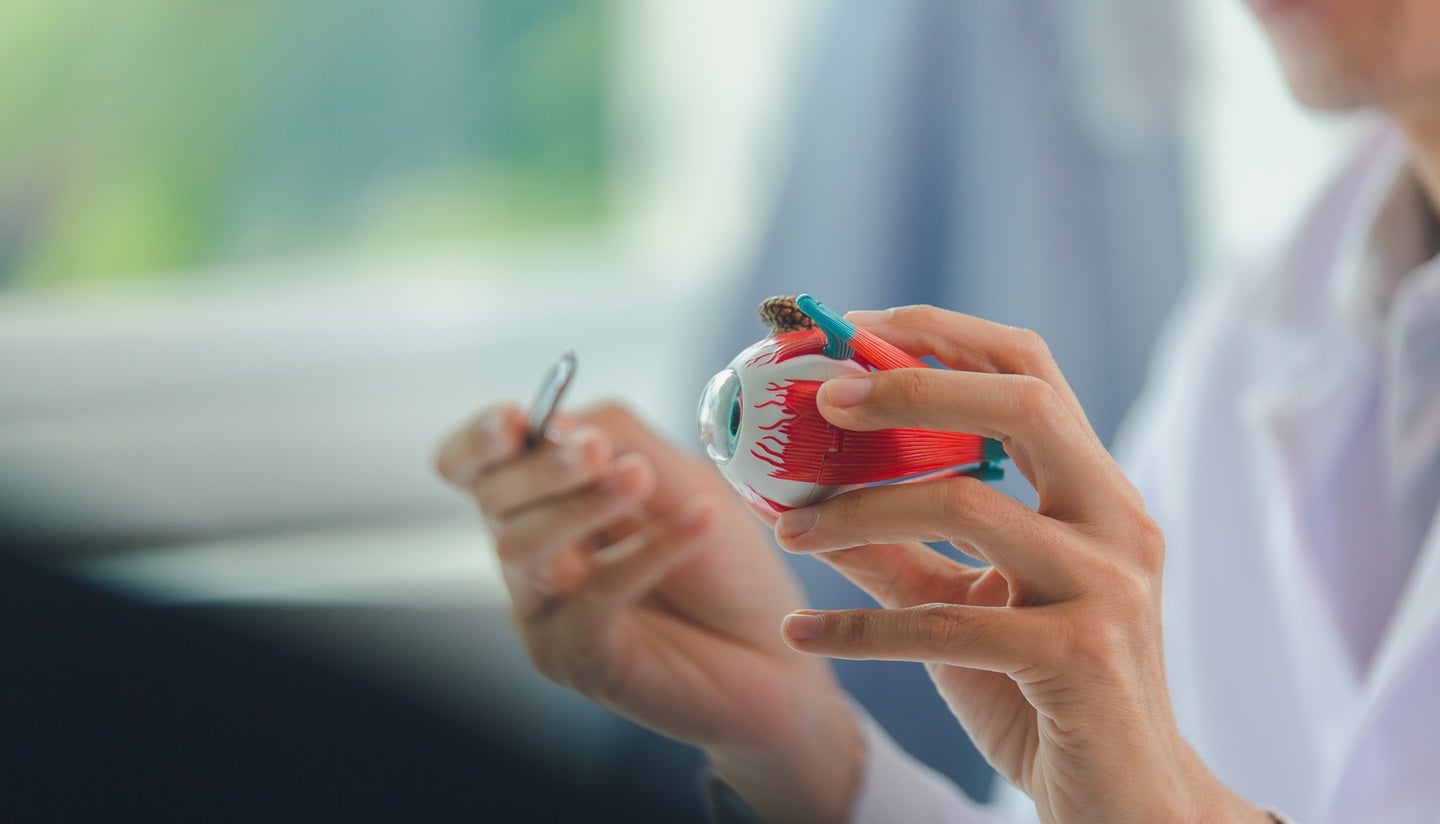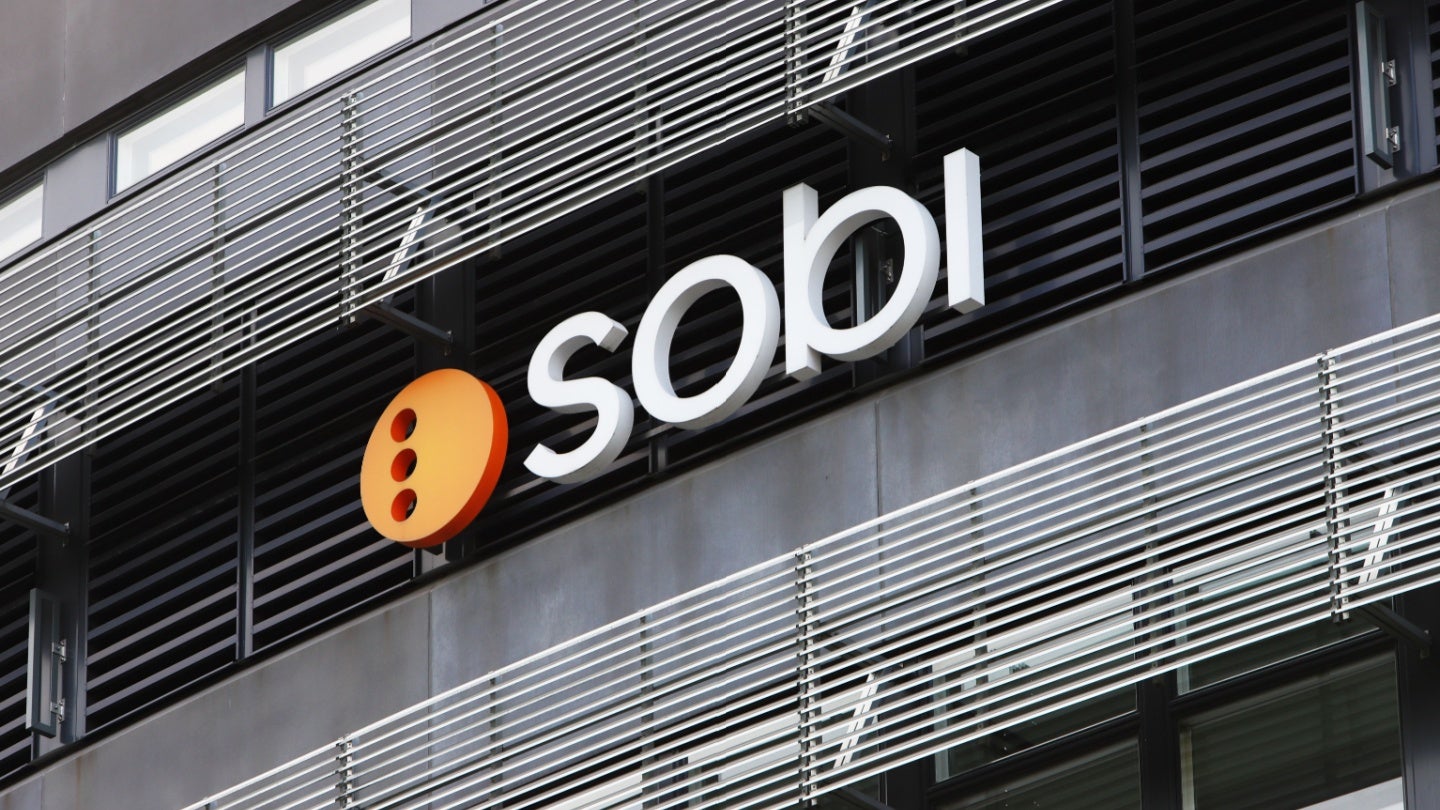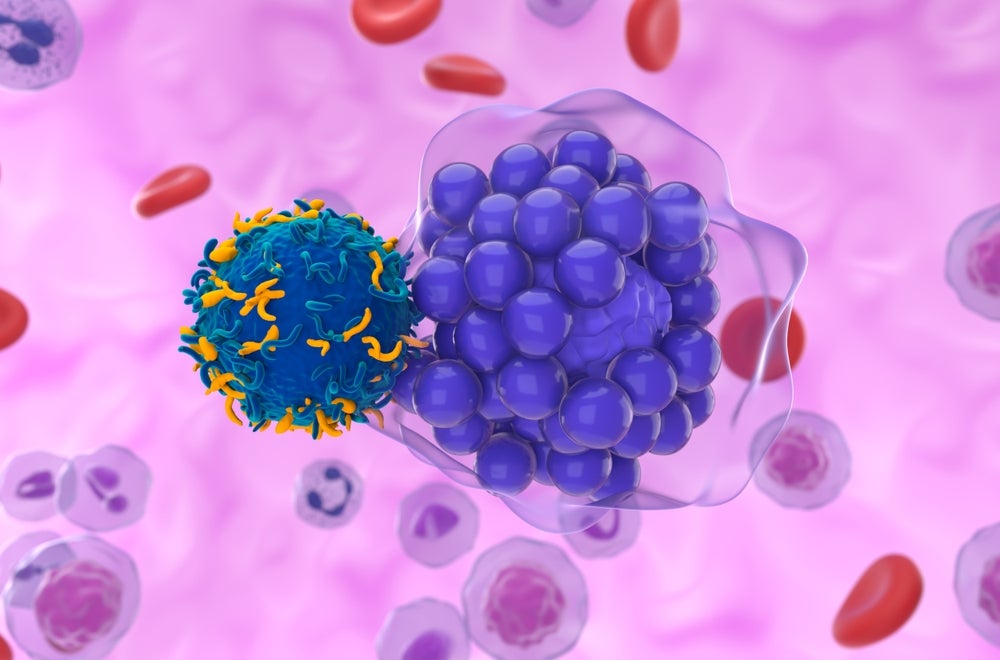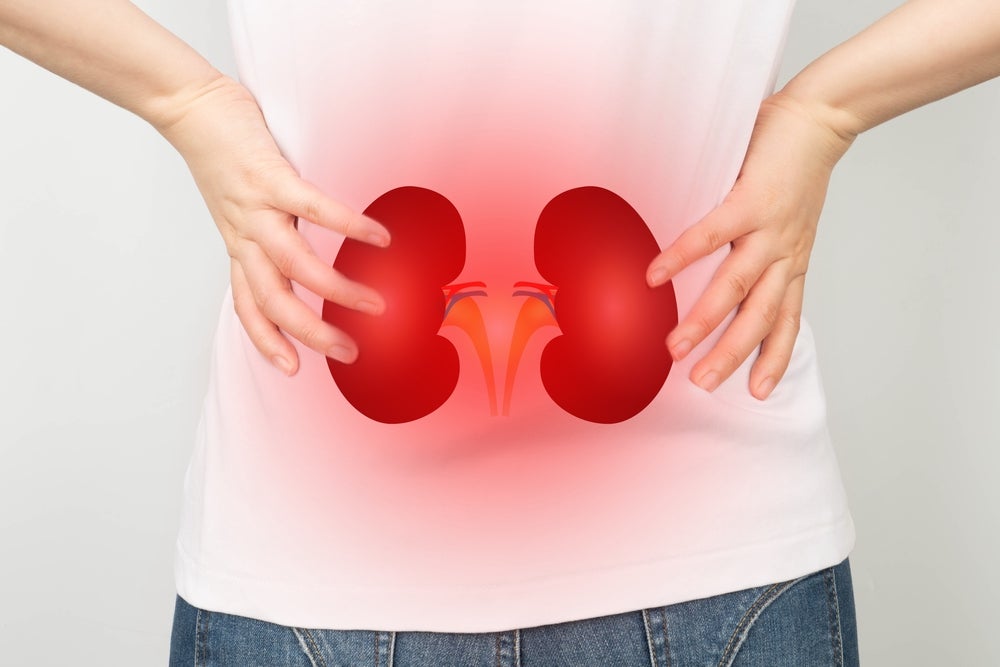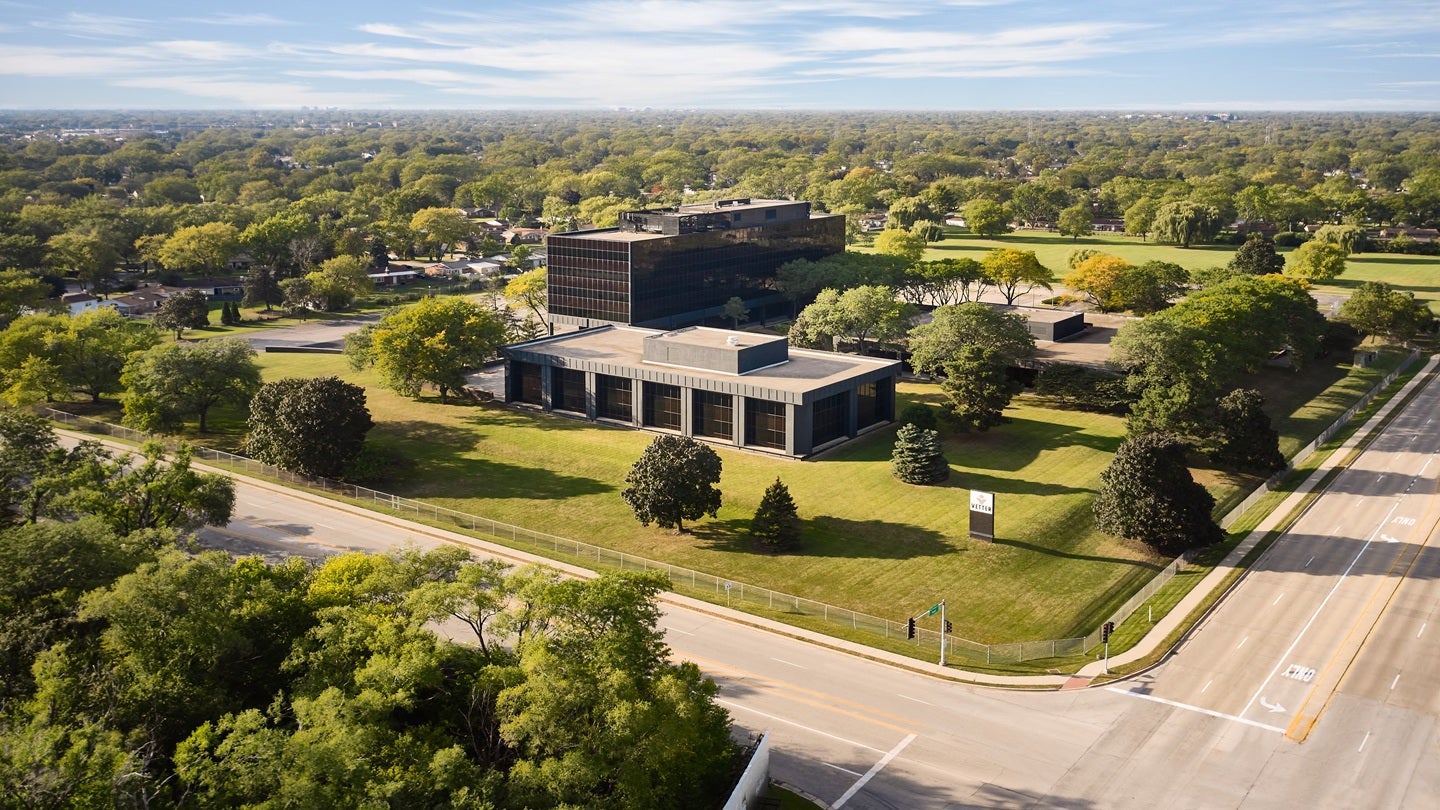Takeda Wagers $580M on AcuraStem’s ALS Treatments
As scientific investigations in the current year persist in highlighting the PIKFYVE enzyme’s promising potential as a focal point for addressing amyotrophic lateral sclerosis (ALS), Takeda has opted to become a part of this endeavor. Takeda has decided to go with AcuraStem, which is one of the leading competitors in the PIKFYVE market. Verge Genomics […] The post Takeda Wagers $580M on AcuraStem’s ALS Treatments appeared first on LifeSci Voice.

As scientific investigations in the current year persist in highlighting the PIKFYVE enzyme’s promising potential as a focal point for addressing amyotrophic lateral sclerosis (ALS), Takeda has opted to become a part of this endeavor.
Takeda has decided to go with AcuraStem, which is one of the leading competitors in the PIKFYVE market. Verge Genomics and AI Therapeutics are among its competitors. AcuraStem’s PIKFYVE-targeted ALS program, which includes a preclinical antisense oligonucleotide called AS-202, has been licensed to the Japanese pharmaceutical company as an exclusive international property.
AcuraStem will be in charge of supervising a portion of the work necessary to get AS-202 through exploratory drug-enabling trials. Additionally, AcuraStem will be responsible for preparing a few possible alternative antisense oligonucleotides before Takeda puts any medications that come from this work through the clinic and, with any luck, to market.
AcuraStem has only disclosed that the total upfront payment, milestone payments, and royalties may reach $580 million in total over the course of the transaction. As such, the specific financial structure of the agreement is not yet known.
An article that was published in the journal Cell in February served as a timely heads-up of the possible application of PIKFYVE as a target for the treatment of ALS. Apilimod, a medication produced by AI Therapeutics, was administered to human motor neurons, fruit flies, roundworms and mice with ALS so that the researchers could effectively inhibit PIKFYVE in each of them. According to their findings, the drug caused motor neurons to clean up harmful proteins, which resulted in improved motor function and an extension of survival in all models
Despite advancements in developing medications for genetic ALS, scientists have encountered significant challenges in identifying effective therapies for the second, and more prevalent, type known as sporadic ALS. The FDA’s thorough scrutiny of BrainStorm Cell Therapeutics’ approval request for its NurOwn drug, just prior to an advisory committee meeting this week, serves as a stark reminder of the hurdles involved in bringing new treatments to market for this form of the disease.
Sarah Sheikh, the head of Takeda’s neuroscience unit, noted that recent treatment advances have instilled fresh hope in some patients but acknowledged the persistence of substantial unmet needs in ALS.
She noted, “We believe AS-202 has the potential to address this unmet need through its unique dual mechanism of action, which addresses TDP-43 aggregation and improves TDP-43 function, the pathological hallmark of ALS and other TDP-43 proteinopathies including certain forms of dementia.”
The pressing demand among ALS patients for additional therapeutic options has attracted the interest of Eli Lilly, and more recently, AstraZeneca. Both pharmaceutical firms have signed agreements with Verge Genomics to work together on the creation of new treatments for neurodegenerative diseases. It is important to note that neither of these agreements covers VRG50635, Verge Genomics’ own small-molecule PIKFYVE inhibitor that is currently in phase 1 trial for ALS.
The post Takeda Wagers $580M on AcuraStem’s ALS Treatments appeared first on LifeSci Voice.
What's Your Reaction?







